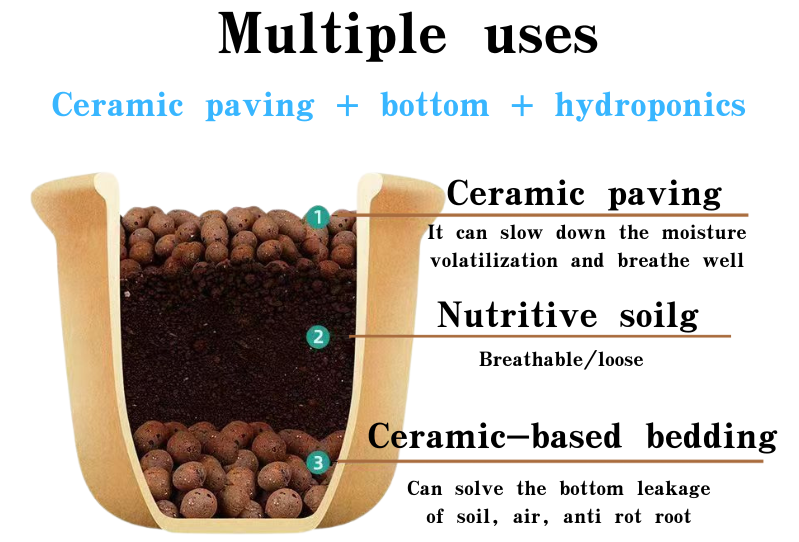
Exploring Various Categories of Minerals and Their Unique Properties and Uses in Nature
Different Types of Minerals A Comprehensive Overview
Minerals are naturally occurring inorganic substances that possess a specific chemical composition and crystalline structure. They are vital components of the earth’s crust and play a crucial role in various geological processes. Understanding the different types of minerals is essential not only for geologists but also for industries, agriculture, and everyday life. This article explores the categories of minerals, their significance, and their applications.
Classification of Minerals
Minerals can be broadly classified into two major categories metallic and non-metallic minerals.
1. Metallic Minerals These minerals contain metals and have high electrical conductivity, malleability, and luster. Some common examples include - Iron Ore Primarily used in the production of steel, iron ores like hematite and magnetite are essential for construction and manufacturing. - Copper Known for its excellent conductivity, copper is widely used in electrical wiring and plumbing. It is also used in crafting coins and jewelry. - Gold A precious metal that has been valued for centuries, gold is primarily used in jewelry and as an investment in the form of coins and bars.
2. Non-Metallic Minerals These minerals do not contain metals and are often used in industrial and agricultural processes. Some examples include - Quartz This mineral is one of the most abundant in the earth's crust and is used in glassmaking, electronics, and even in the manufacturing of watches. - Calcite A key ingredient in cement, calcite is used in construction and in the production of lime for agriculture. - Kaolin Known as china clay, kaolin is used in the production of ceramics, paper, and rubber.
Importance of Minerals
different types of minerals

Minerals are crucial for various sectors, including construction, manufacturing, electronics, and agriculture. The construction industry relies heavily on minerals like sand, gravel, and gypsum for building and infrastructure projects. Meanwhile, in the electronics industry, minerals such as silica and rare earth elements are essential for producing components like semiconductors.
In agriculture, minerals play a pivotal role in enhancing soil fertility and plant growth. Certain minerals, including phosphates and nitrates, are vital nutrients for crops, influencing food security and agricultural productivity.
Industrial Applications
The industrial applications of minerals extend far beyond construction and agriculture. For instance, talc is widely used as a filler in products ranging from cosmetics and paints to plastics and rubber. Similarly, barite is used in the oil and gas industry as a weighting agent in drilling fluids.
Moreover, the technological advancements of recent years have highlighted the growing importance of specific minerals, such as lithium and cobalt, which are vital for producing batteries for electric vehicles and portable electronics. The increasing demand for renewable energy sources has further accentuated the significance of minerals in the transition to greener technologies.
Conclusion
In summary, minerals are indispensable components of our everyday lives and the backbone of numerous industries. From metallic minerals that provide essential resources for manufacturing and energy to non-metallic minerals that contribute to a range of applications, their significance cannot be overstated. Understanding the diverse types of minerals and their roles helps us appreciate the complexity of natural resources and their impact on human progress. As the world continues to evolve, the sustainable management and utilization of mineral resources will be crucial for addressing future challenges and ensuring a balanced relationship with our planet.
Share
-
Premium Resin Coated Sand - High Heat Resistance CastingNewsJul.31,2025
-
High Quality Silicon Carbide Grit for Abrasive ApplicationsNewsJul.30,2025
-
High-Quality Ceramsite for Plants & Gardening | Lightweight PebblesNewsJul.29,2025
-
Premium Burgundy Glass Marbles for Vases & Shooter GamesNewsJul.29,2025
-
High Purity Quartz Sand for Industrial and Ground ApplicationsNewsJul.29,2025
-
High-Quality Barite Powder for Drilling & Industrial UseNewsJul.29,2025






